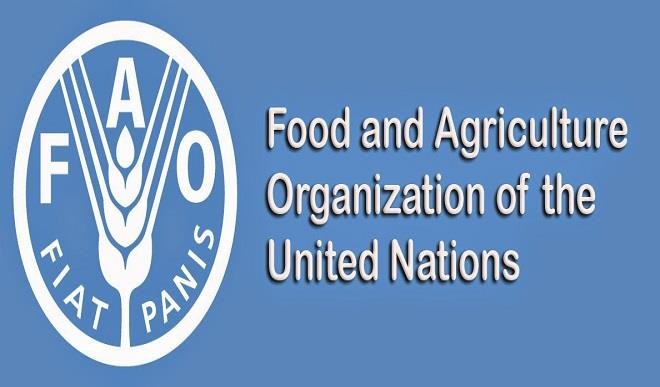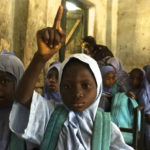The Food and Agriculture Organization of the United Nations has launched the first in a series of fish farming clusters to revive livelihood for households affected by insurgency in two local government areas of Borno state.
The FAO’s Aquaculture programme in Monguno and Jere is part of a larger European Union Trust Fund’s programme to assist close to 100,000 households in Borno to restore their livelihoods in agriculture – crop production, livestock, fish production and agribusiness – between 2018 and 2021.
FAO representative in Nigeria, Suffyan Koroma, at the launch of the clusters in Jere, a few kilometres outside of Maiduguri in Borno state yesterday, said all beneficiaries have received training on fish farming to boost their income.
He noted that the crisis has resulted in decrease in access to fishing grounds for fishermen due to military activities and volatility in the communities bordering the lake.
“An initial five fish cluster, which includes 50 individuals, received fish farming kits in Monguno and Jere local government areas in Borno under a European Union Trust Fund financed project to restore agriculture-based livelihoods in the state.
“Clusters received fish farming starter kits including fish rearing tanks, fish feed, juveniles, water pumps and other accessories to enable immediate fish production. All groups received training on good fish farming practices, to boost production and sustainability over time.
“For households affected by the insurgency, especially those formerly engaged in fishing activities, FAO believes that fish farming will help them to earn more, improve their income and become independent of food assistance,’ said Suffyan.
The armed insurgency in the northeast has resulted in the disruption of fishing livelihoods, an important source of food and income, especially for households dependent on the Lake Chad, a large and shallow lake spanning Chad, Cameroon, Niger and Nigeria’s Borno state.
In 2019, FAO plans to engage 200 male headed households in fish farming and train and equip an additional 100 female headed houses in fish processing and marketing within the state.

 Join Daily Trust WhatsApp Community For Quick Access To News and Happenings Around You.
Join Daily Trust WhatsApp Community For Quick Access To News and Happenings Around You.


